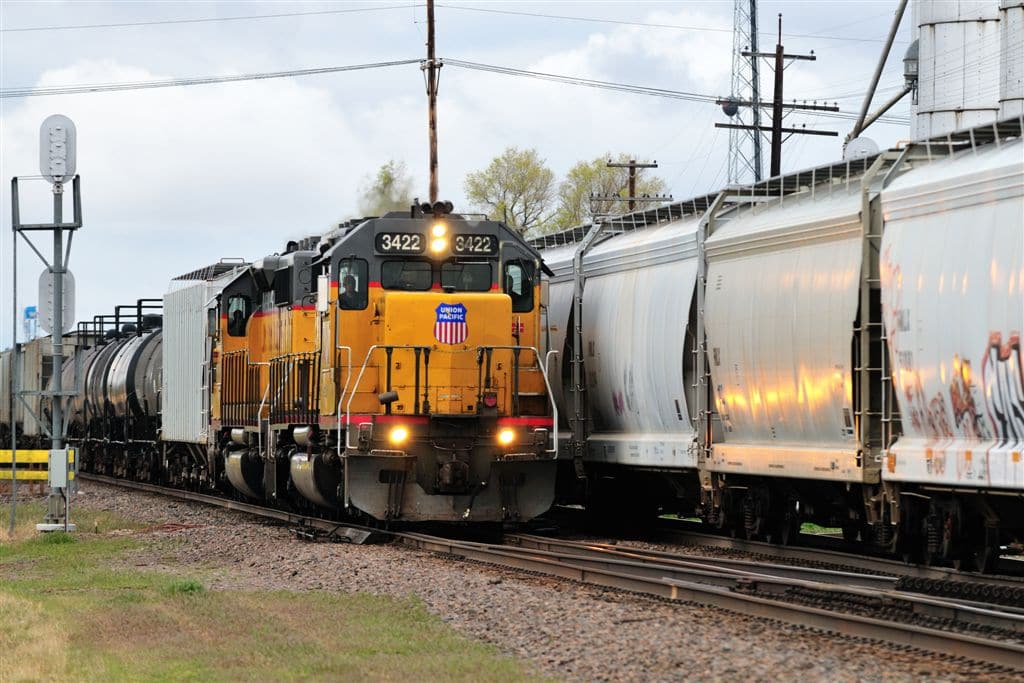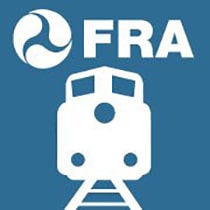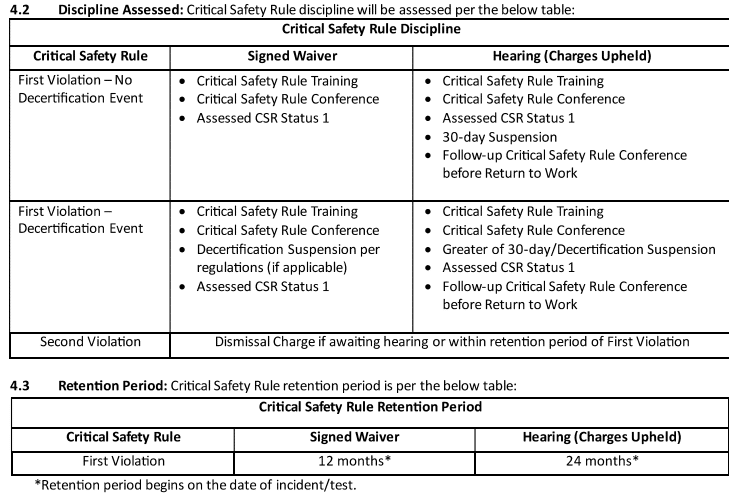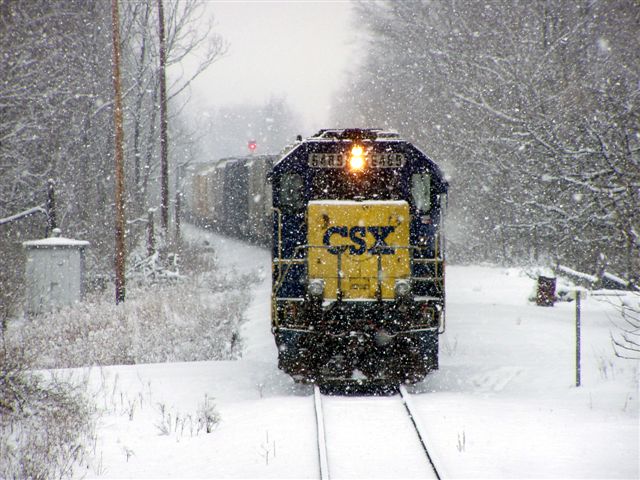Surface Transportation Board Chairman Martin Oberman has seen some rail carriers cut jobs and neglect their infrastructure in pursuit of short-term profit, and he says there’s nothing to like about it.
Oberman spoke last week before the Southeast Association of Rail Shippers’ conference, and the “cult of the operating ratio” (OR) could be rising again with BNSF and Union Pacific cutting workers and a hedge fund looking to seize Norfolk Southern.
“These low OR — which could only be achieved rapidly — as the activists demanded — by cutting payroll — have meant lots of free cash which the Class Is have not been shy about paying out in stock buybacks, dividends, and in BNSF’s case, returns to its owner,” Oberman said. “The total in the last decade or so is over $250 billion — money which was not invested in retaining workers or building new infrastructure to increase a railroad’s reach and serve more customers.”
Billionaire Warren Buffett said as much in his recent letter to shareholders, expressing disappointment in BNSF’s latest returns. Union Pacific ousted a CEO in 2023 and the new one is doubling down on squeezing workers in the name of shareholder return.
SMART-TD members and rail workers have been coping with the consequences through job cuts, irresponsibly long trains and inhumane work schedules. For our members, “PSR” stands for “punishing and sadistic railroading.”
Starting in about 2014, more than 45,000 rail workers lost their jobs because of the quest for increased efficiency.
“Railroads are a regulated monopoly. They have a common carrier obligation to the public interest and to the nation’s economy,” Oberman said. “Unlike other businesses, railroad management and owners are not just free to manipulate the business by draining the company’s resources for short-term gain.”
Too often, the pro-free market crowd, overseeing spreadsheets from the comfort of their railroad offices, think that “free market” means “we can run our business however we want and do to workers and the communities we affect whatever we want. We’re here to make money, and they should be happy about it. They’re lucky we’re here.”
That mentality’s brought longer trains, fewer inspections and less emphasis on safety, as much as industry executives and mouthpieces like the Association of American Railroads and Railway Age claim the railroads are working in everyone’s best interests. PSR is only good for everyone who owns stock.
The industry’s shareholders cruised through the initial wave of PSR with fatter wallets and bigger dividends, Oberman noted in his speech. Contrast that with the thousands of workers who were sent home for the last time as service to their former customers suffered.
Investor neglect drew attention of federal regulators, including Oberman’s STB, after a post-COVID national supply chain meltdown. The STB held hearings on carrier performance in 2022 and has kept a close eye on carrier personnel levels since.
Recent events indicate carrier leadership is being guided back to its shortsighted ways. Investors demand quick profits at the exclusion of all else. Hundreds of jobs have been cut from BNSF and Union Pacific over the past weeks and months.
So when leaders such as Oberman and Federal Railroad Administrator Amit Bose decide to oversee the industry through a more skeptical lens, along with the workers and the members of the media, those folks in the comfortable offices get less comfortable.
Oberman also expressed his doubts about activist investor group Ancora’s plan to replace Norfolk Southern’s leadership with a who’s who of exploitative executives.
“Several weeks ago, Ancora wrote me a letter. The essence of their message was that they had taken a $1 billion dollar stake in NS in order for it — quote — ‘to become a safer railroad,’ ” Oberman said. “Really? What hedge fund raises $1 billion to promote safety anywhere? The measure of Ancora’s disingenuous pitch to improve safety is that its slide deck completely omits reference to FRA data which shows that, in the last year, NS has been an industry leader in reducing mainline rail accidents and derailments.”
SMART-TD members — the people who do the work — have lived through PSR. Oberman has gone through PSR, as has Bose. It was a failure for workers, shippers and catastrophic for the national supply chain. It’s not wanted by anyone or good for anyone except for those who would reap the most by doing the least.
The watchdogs of the industry — Oberman, Bose and SMART-TD — all recognize this. We do not want to go through it again.
UP and BNSF executives — you’ll need to get to work, because PSR doesn’t.




